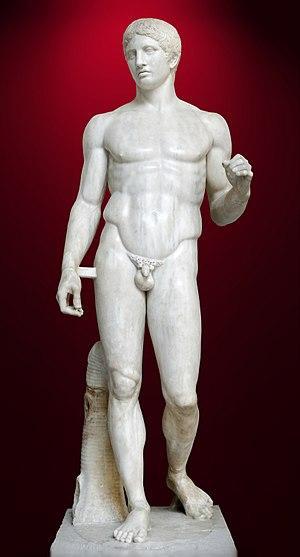ShotTrue
Member
- Joined
- Feb 3, 2019
- Messages
- 692
Says the guy with high T but stomach fatIndeed.
Effect of Testosterone Treatment on Body Composition and Muscle Strength in Men Over 65 Years of Age 1
As men age, serum testosterone concentrations decrease, the percentage of body mass that is fat increases, the percentage of lean body mass decreases, and muscle strength decreases. Because these changes are similar to those that occur in hypogonadal men, we hypothesized that increasing the serum testosterone concentration of men over 65 yr of age to that in young men would decrease their fat mass, increase their lean mass, and increase their muscle strength.
We randomized 108 men over 65 yr of age to wear either a testosterone patch or a placebo patch in a double blind study for 36 months. We measured body composition by dual energy x-ray absorptiometry and muscle strength by dynamometer before and during treatment. Ninety-six men completed the entire 36-month protocol.
Fat mass decreased (−3.0 ± 0.5 kg) in the testosterone-treated men during the 36 months of treatment, which was significantly different (P = 0.001) from the decrease (−0.7± 0.5 kg) in the placebo-treated men. Lean mass increased (1.9 ± 0.3 kg) in the testosterone-treated men, which was significantly different (P < 0.001) from that (0.2 ± 0.2 kg) in the placebo-treated men. The decrease in fat mass in the testosterone-treated men was principally in the arms (−0.7 ± 0.1 kg; P < 0.001 compared to the placebo group) and legs (−1.1 ± 0.2 kg; P < 0.001), and the increase in lean mass was principally in the trunk (1.9 ± 0.3 kg; P < 0.001). The change in strength of knee extension and flexion at 60° and 180° angular velocity during treatment, however, was not significantly different between the two groups.
We conclude that increasing the serum testosterone concentrations of normal men over 65 yr of age to the midnormal range for young men decreased fat mass, principally in the arms and legs, and increased lean mass, principally in the trunk, but did not increase the strength of knee extension and flexion, as measured by dynamometer.
I could look it up, but it would be just as much work if you did


